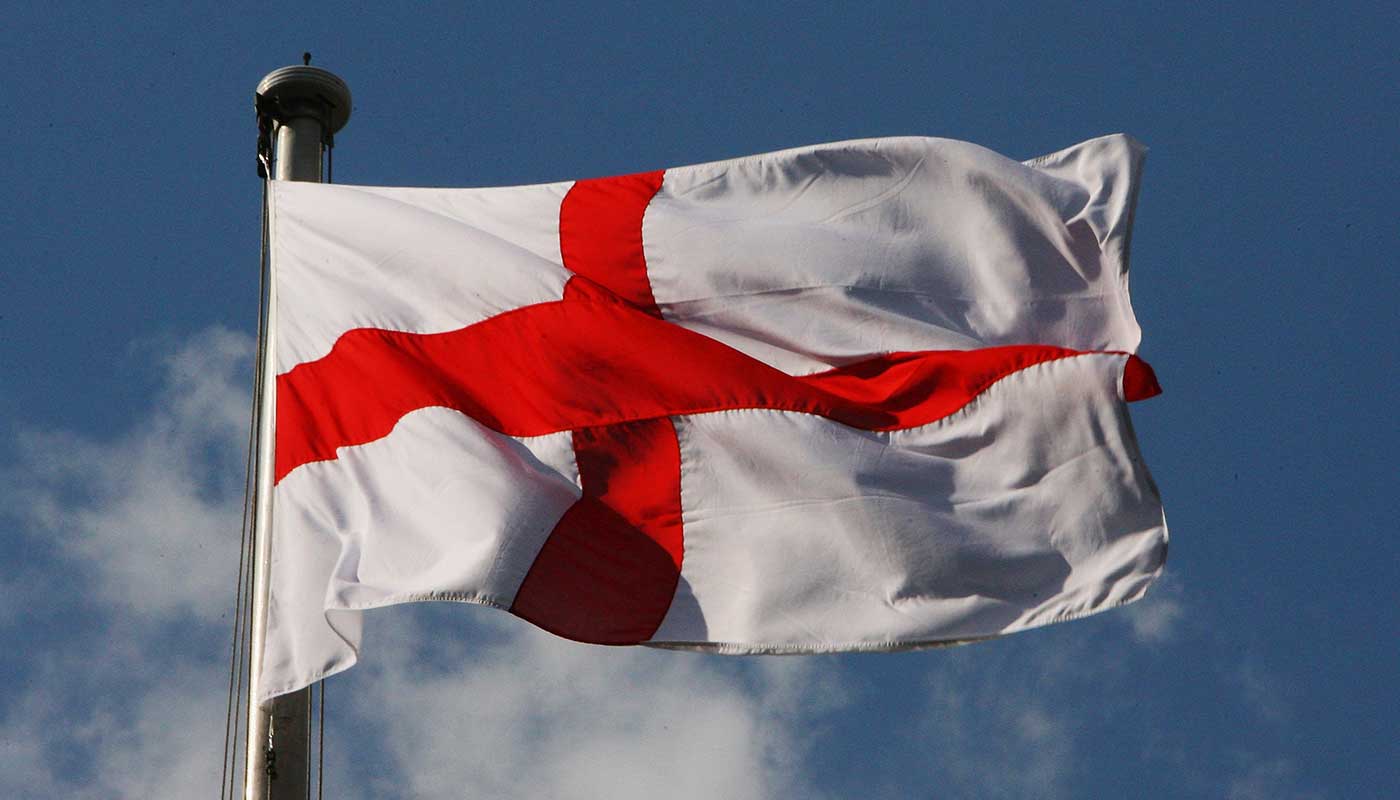Genoa mayor says England owes rent for St George’s Cross
Italian politician Marco Bucci claims fees for flag haven’t been paid for 247 years

A free daily email with the biggest news stories of the day – and the best features from TheWeek.com
You are now subscribed
Your newsletter sign-up was successful
The mayor of Genoa, Italy, has reportedly written to Queen Elizabeth, claiming England owes his city arrears for its use of St George’s Cross.
“Your Majesty, I regret to inform you that from my books [it] looks like you didn’t pay for the last 247 years,” Genoa mayor Marco Bucci said jokingly, admitting that the request could be the “biggest stroke of marketing” for the city.
Genoa first adopted the symbol, and St George as its patron saint, during the Crusades, when the city was a major naval power.
The Week
Escape your echo chamber. Get the facts behind the news, plus analysis from multiple perspectives.

Sign up for The Week's Free Newsletters
From our morning news briefing to a weekly Good News Newsletter, get the best of The Week delivered directly to your inbox.
From our morning news briefing to a weekly Good News Newsletter, get the best of The Week delivered directly to your inbox.
St George’s cross was then taken up by the English towards the end of the 13th century wars, to be flown by its navy to deter enemies from attacking.
The English agreed to pay an annual fee to the ruler of Genoa for the right to fly the flag, however payment of the fee stopped when the republic collapsed.
The Guardian says that while Bucco’s request may not have any legal grounds, “the matter has been a bone of contention between the two countries for centuries”.
A free daily email with the biggest news stories of the day – and the best features from TheWeek.com